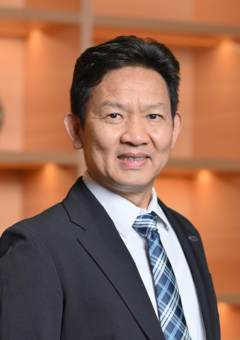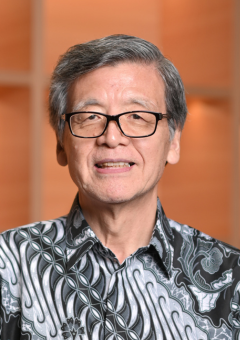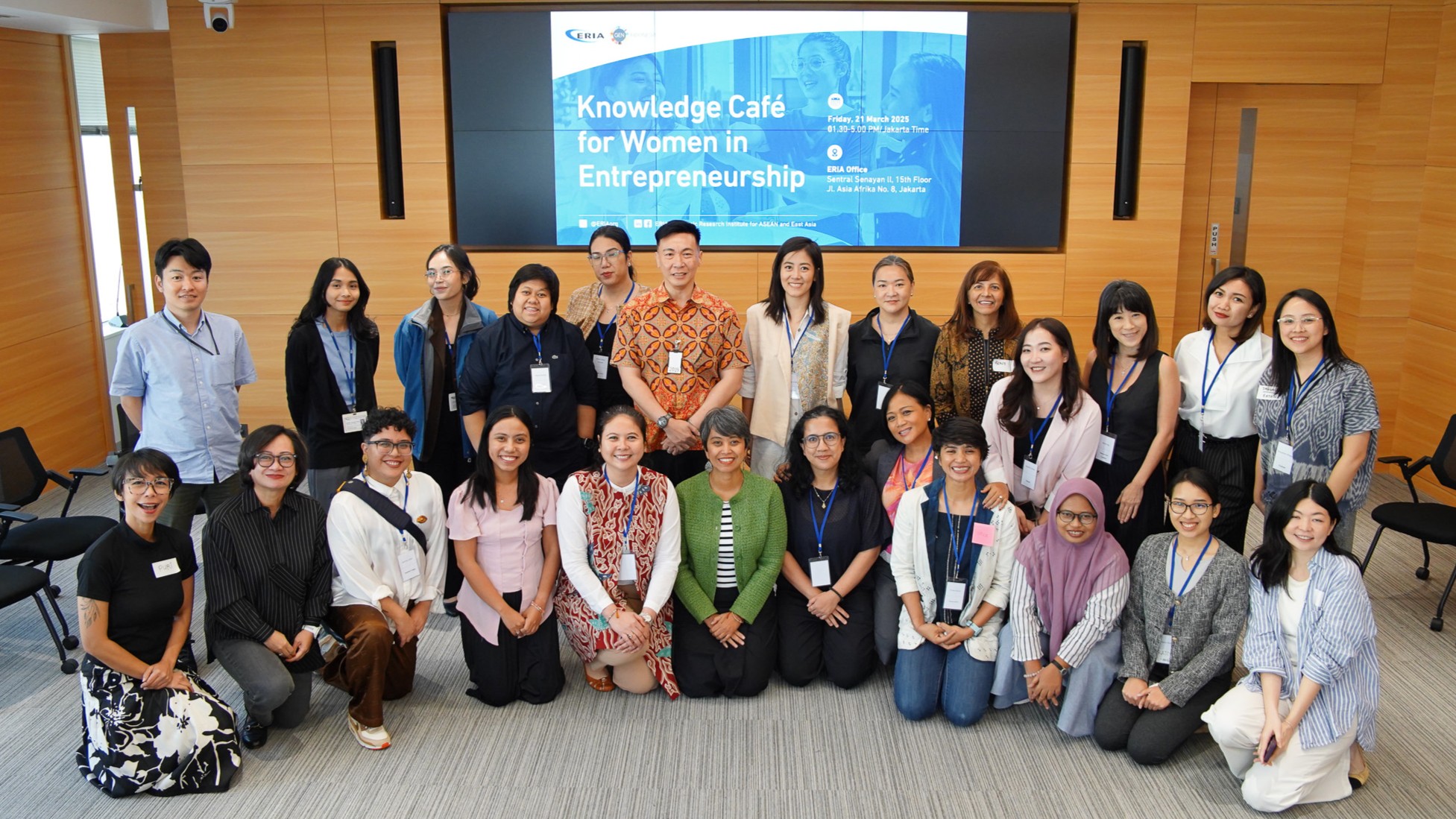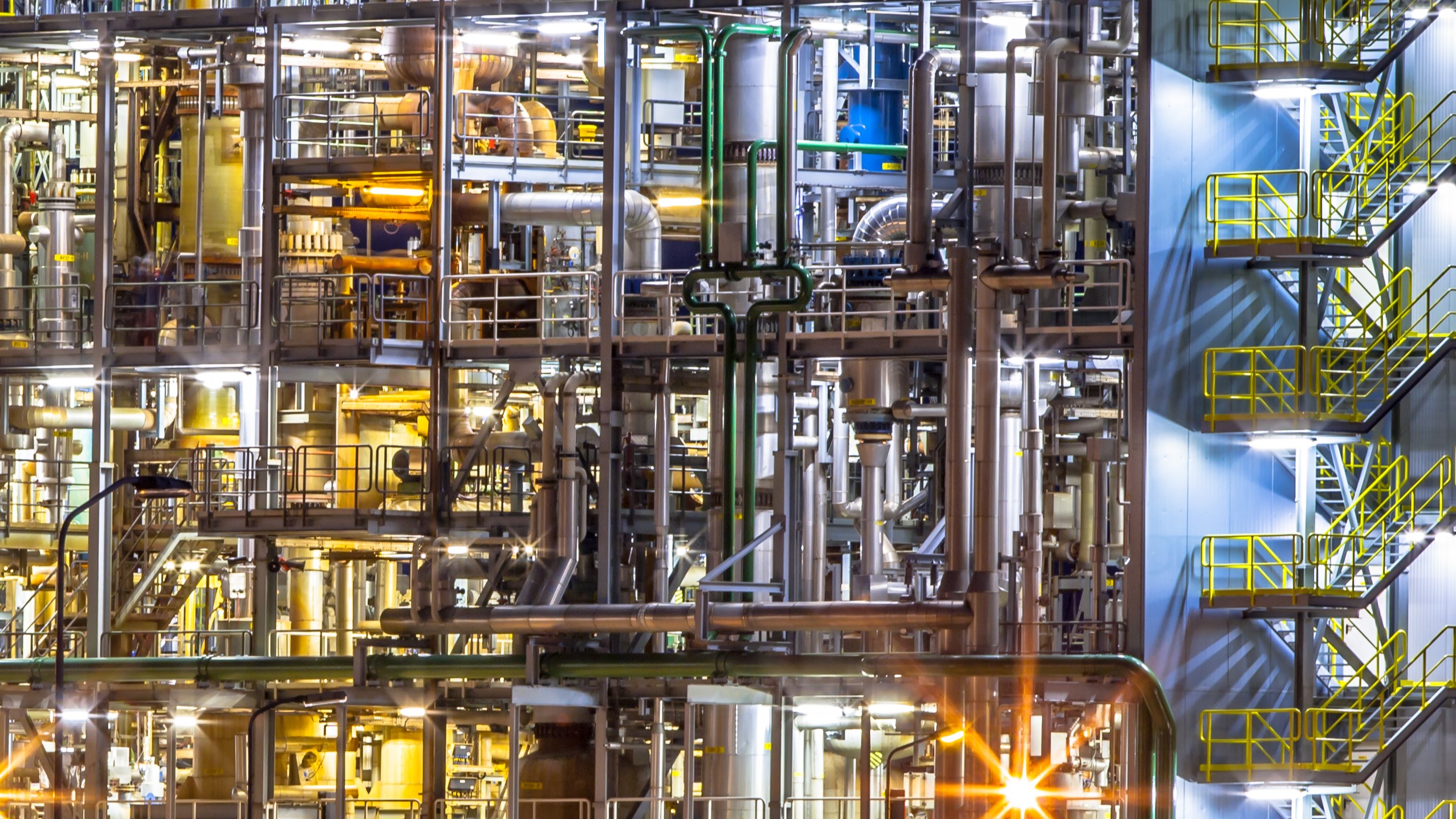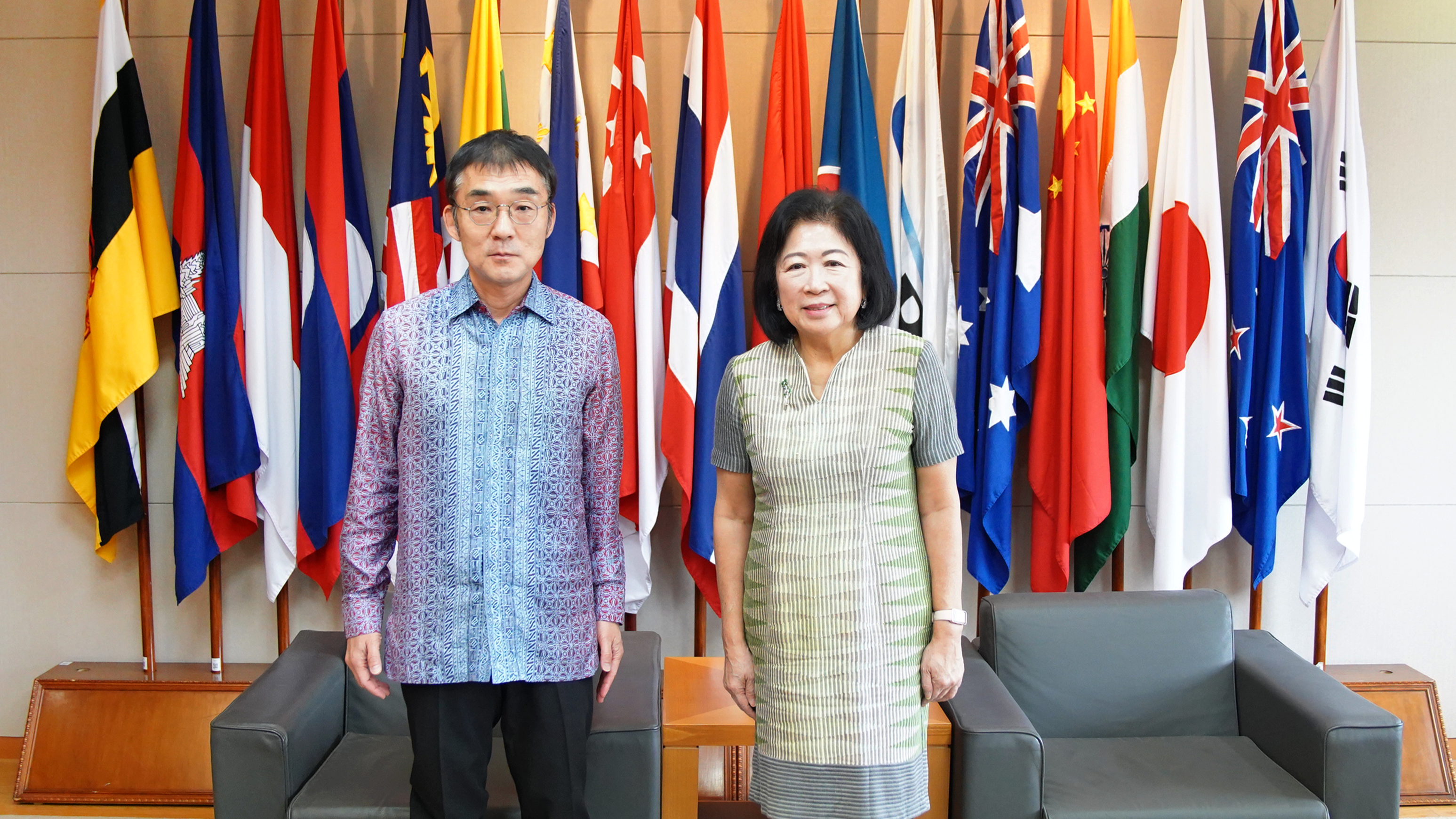News
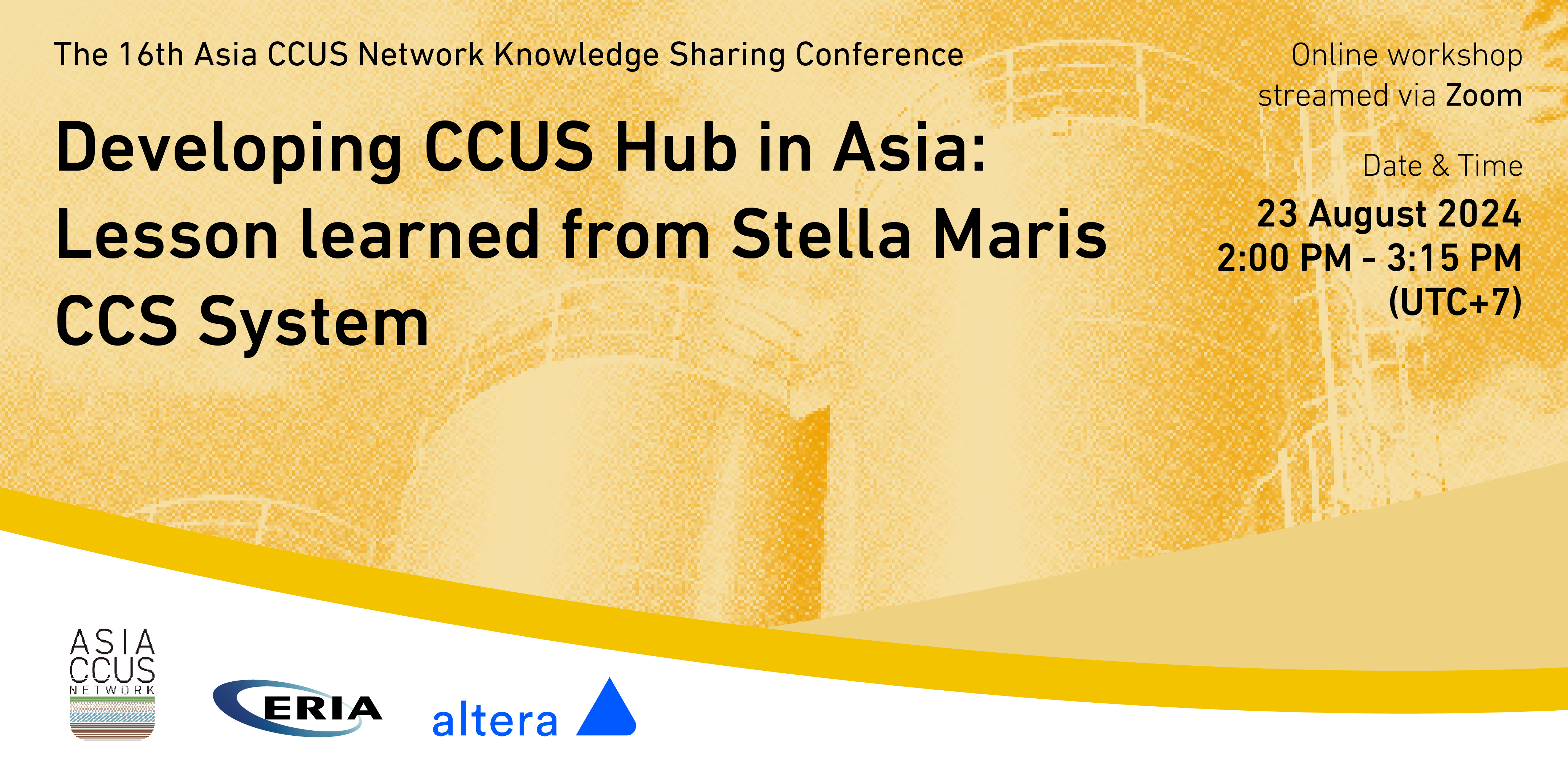
Fri, 23 August 2024
Register Now
Tapping into the available CO2 storage potential, several countries in ASEAN, notably Indonesia, Malaysia, Brunei, and Thailand, are considering becoming a hub for CCUS in the region. Developing a CCUS hub will not only scale up projects and enhance their economic viability but also assist the region in meeting emission reduction targets more effectively. Advancing CCUS in Asia will require a suitable business model, a favourable regulatory framework, and the development of technology capable of supporting long-distance CO2 transportation and marine logistics.
There are two models for cross-border CCUS hubs under development: the Northern Lights System and the Stella Maris System. The Northern Lights System encompasses the transport and storage elements of the Norwegian Longship project, which covers the entire CCS process, including capture. This CCS chain collects and transports CO2 from Greenland, Oslo, and Sweden to an intermediate storage site, from which CO2 is then injected via pipeline. In contrast, the Stella Maris project only transports and stores CO2 using direct injection ships. The Stella Maris Concept involves three ports concentrating CO2 captured from surrounding industry clusters in France, Belgium, and Ireland. The Stella Maris project is jointly developed by Altera Infrastructure and Höegh LNG to address barriers faced by CCUS projects, such as high costs of capture and conditioning, high logistics costs, high land use costs (regional variance), and size restrictions for large vessels in various ports, as well as the availability, cost, and capacity of pipeline infrastructure. The Stella Maris infrastructure concept includes 2-3 Carbon Collection Storage Units (CCSUs) to aggregate volumes at key locations, 3-4 CO2 Shuttle Carriers, and one Floating Storage and Injection Unit. With these assets, the total amount of CO2 injected could reach up to 10 million tonnes per year.
The Stella Maris System may be more suitable for the Asia region than other systems and could be replicated to successfully develop CCUS hubs in Asia. Given its uniqueness and potential for replication in Asia, the ACN Secretariat is inviting Mr Ronald Chew from Altera Infrastructure to present the concept of the Stella Maris CCS system at the 16th Knowledge Sharing Conference.
Agenda
| 2 PM – 2:05 PM | Opening remarks by Shigeru Kimura, Senior Policy Fellow, ERIA |
| 2:05 PM – 2:35 PM |
Developing CCUS Hub in Asia: Lesson learned from Stella Maris, Presented by Ronald Chew, New Business Development, Carbon Capture and Storage, Altera Infrastructure Moderated by Dr Gusti Sidemen, CCUS Fellow, ERIA |
| 2:35 PM – 3:05 PM |
Open Discussion |
| 3:05 PM – 3:15 PM | Closing Remarks by Dr Han Phoumin, Senior Energy Economist, ERIA |
ERIA Speakers
Event Details:
Virtual Room
The 16th Asia CCUS Network (ACN) Knowledge Sharing Conference,
Start Date:
Friday, 23 August 2024,
End Date:
Friday, 23 August 2024,
Time:
02:00 PM - 03:15 PM
Timezone:
Jakarta time, UTC+7
Subscribe to mailing list
Invitations | Publications | Newsletters
